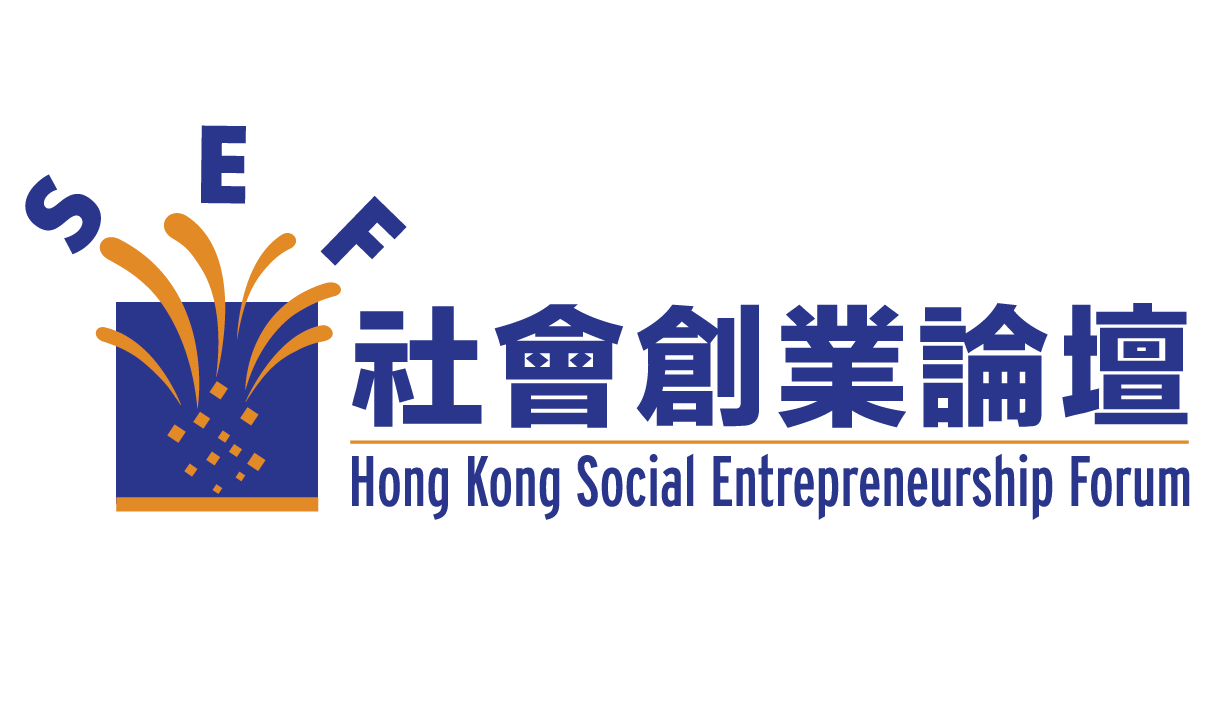Singapore and Hong Kong face many common challenges. One of the greatest challenges in the decades ahead pertains to an unexpected area – social entrepreneurship. The two cities are poised to make a significant contribution to promoting and supporting the development of social entrepreneurship, not only in their respective cities but in the region as a whole.
Let us first of all look at some striking similarities and differences of the two cities in this area.
Similarities
- Both cities are newcomers to the field. It has only been 4 to 5 years since the terms social enterprise and social entrepreneurship have come into public awareness and attention.
- Governments in both cities are eager to promote and support the development of social enterprises in their own ways; both have committed substantial resources in funding social enterprises but have done relatively little in promoting social entrepreneurship.
- In each of the cities, there is an enthusiastic group of businesspeople and professionals who are providing the impetus for the development of social entrepreneurship and social innovation.
- Both cities aspire to contribute beyond their own cities. For Singapore, it is the whole of Asia, particularly South East Asia; for Hong Kong, it is primarily mainland China.
Differences
- By far the most important difference is the environment for entrepreneurship. Hong Kong is often known as a city of entrepreneurs, albeit business entrepreneurs. In Singapore, by contrast, the best and brightest would not aspire to become an entrepreneur; they prefer to work for the government or the multi-national corporations. As a leading businessman has recently put it, “We need to emphasize the need for entrepreneurs in Singapore, simply because everybody is so ingrained against it. If we say to every Singaporean that you must be entrepreneurs, maybe two percent of graduates will be entrepreneurs. But, if you do not say it, there will be none.” (Ho Kwon Ping, Executive Chairman of Banyan Tree Holdings and Chairman of the Board of Trustees of Singapore Management University, quoted in Social Space, 2009, Issue 2, p.15). Generally speaking, setting up a social enterprise is more difficult than setting up a business enterprise. In Singapore, therefore, becoming a social entrepreneur is far more challenging than doing so in Hong Kong. Currently, most social enterprises in Singapore receive government funding support (just like the situation in Hong Kong), but Hong Kong boasts a greater number of social enterprises that can flourish without any government funding support.
- Singapore witnesses a greater level of corporate support for social enterprise development. By contrast, most corporations in Hong Kong either pay lip service or are totally indifferent to social enterprise development. In Singapore, there is a large number of local and multi-national firms which are supporting social enterprises in a variety of ways, such as: sponsorship, partnership, joint marketing, direct purchase, training support, secondments and internships, etc. In Hong Kong, such examples are evident but far from common. What impressed the present author most is that in international conferences and symposium on social entrepreneurship and social innovation held in Singapore, participants from the corporate sector usually outnumber those from the welfare sector. The Social Innovation Park in Singapore, founded in 2006, is also a brainchild of business leaders and entrepreneurs.
- Enlightened charitable foundations can make the difference. In both Hong Kong and Singapore, there are many charitable foundations doing all types of charitable work. But in Hong Kong, we have yet to find a single charitable foundation interested in investing in social enterprises; most foundations here do not seem to be aware of the global trend of social entrepreneurship. In Singapore, there is at least one major family foundation — Lien Foundation – which is lending strong support for social entrepreneurship and social innovation. It founded the Lien Centre for Social Innovation in 2006 at the Singapore Management University with the vision of becoming ‘a thought leader and catalyst for positive social change in Singapore and Asia’. The Lien Centre posits itself in enabling global thinking and best practices related to social innovation in Singapore and beyond. When will we be able to see one of the major foundations in Hong Kong coming to recognize the value and potential impact of social entrepreneurship and social innovation?
- Despite the fact that most of the leading universities in the West (such as Harvard and Stanford in the US, Oxford in the UK, INSEAD in France, etc.) have developed and are offering courses on social entrepreneurship to undergraduates and post-graduates alike, up to this moment no courses on this subject are being offered by universities in Hong Kong. Nor are there any institutes or centres being established at the universities to pursue this fast expanding field. In contrast, Singapore has made more headways in this direction. Apart from the Lien Centre for Social Innovation mentioned above, the National University of Singapore has announced the setting up of a Centre for Social Entrepreneurship and Philanthropy this summer. Also this year, a permanent exhibition site for Dialogue in the Dark has been set up at Ngee Ann Polytechnic enabling students to run it as a social enterprise.
We look forward to the day when local universities will make a breakthrough in this important area of learning and practice.

